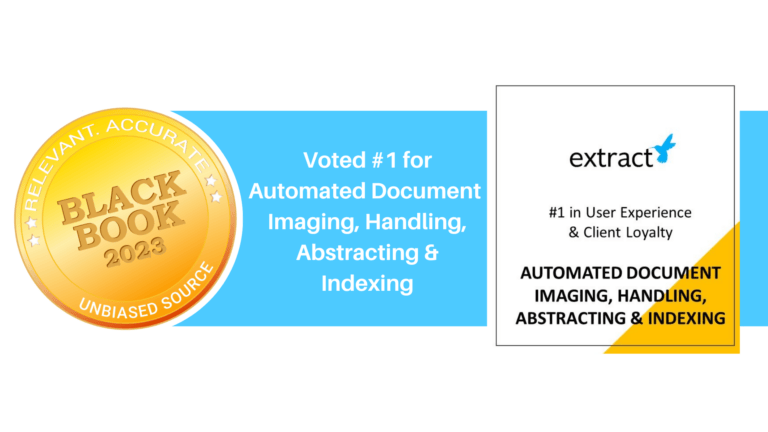
Epic Can Now Securely Release Your Health Data to an App
A big change is coming to the world of consumer electronic health records as Epic announced the ability for individuals to release their health information to third-party apps. This means that if someone wanted to import information like vital signs, prescriptions, diagnoses, or clinician notes into a supported wellness, scheduling, or any other type of app, it would be as simple as logging into Epic’s MyChart and agreeing to release the information.
A feature like this is a natural progression borne out of the provisions within the 21st Century Cures Act. The law establishes penalties for organizations that engage in information blocking and created TEFCA, the Trusted Exchange Framework and Common Agreement that defines the standards for healthcare information sharing. This brings us to a point where your healthcare data must be allowed to move freely and there is a structure for how it can be exchanged.
The organizations that have been driving adoption and are the ones actually facilitating the data exchange are known as Qualified Health Information Networks (QHINs). The application and testing process to become certified as a QHIN can take more than a year and only seven organizations carry the designation so far: CommonWell Health Alliance, eHealth Exchange, Epic Nexus, Health Gorilla, Kno2, KONZA, and MedAllies.
To participate in TEFCA, these QHINs need to be able to support six different reasons for health data exchange. By including “individual access” as one of the purposes for health data exchange, a new level of data sharing freedom is unlocked. Rather than needing a treatment reason to access data, patients have their own discretion to export that information.
Previously, health information exchanges were focused on supporting information exchange for treatment purposes. This led to issues with Epic in the past, as a disagreement with one of their partners over what constitutes the definition of “treatment” caused the EHR giant to shut down their data relationship with the partner.
Given that Epic’s market share includes 52% of acute care beds in the United States, this will open up health data access to millions of people and be a large test of TEFCA’s efficacy. The ONC also reports that awareness and plans for adoption of TEFCA are on the rise among hospitals, with 60% aware of the program and planning to participate.
Adopting a common method of sharing data is a massive step toward healthcare interoperability. This technology has the potential to revolutionize the release of information process for healthcare data, allowing patients to easily retain, transfer, and add to a complete picture of their health information.
All this access shouldn’t come without a healthy dose of caution though. Healthcare institutions are already constantly targeted by cyber criminals for their data and bringing that data to more places opens up new opportunities for theft. Epic made sure to put some effort into patient education regarding data sharing for this reason. When users share their information, they’ll be presented with a screen that educates them on what information they’re sharing and whether the destination it’s being shared with is part of the federal data exchange network, is a HIPAA-covered entity, or neither.
It’s going to take some time for more participants to come on board, but this is already a massive step toward individuals’ ownership of their health information and an interoperable future that can provide more comprehensive patient care.


